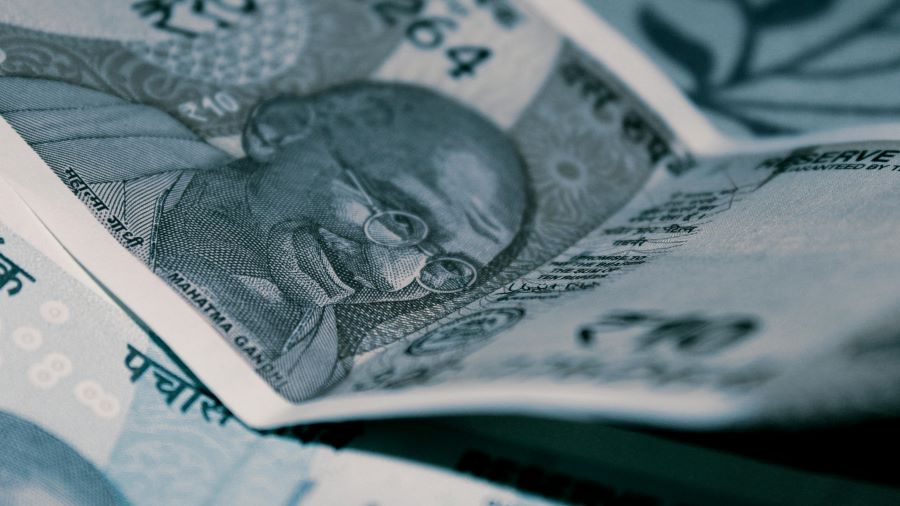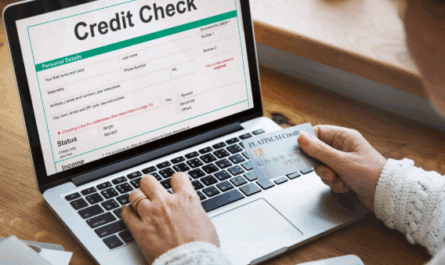When you hear the term “charge off” in relation to your finances, it can evoke worry and confusion. A charge-off is not debt forgiveness; instead, it signifies that a creditor has given up on collecting a debt after a prolonged period of non-payment. This action typically occurs when a borrower has failed to make payments for several months, and the creditor no longer considers the debt an asset on their balance sheet.
Creditors, such as credit card companies or personal loan lenders, usually charge off a debt after it becomes severely delinquent, often around 180 days of non-payment. However, it’s crucial to understand that a charge-off doesn’t mean the debt is forgiven or that you no longer owe the money. It remains on your credit report and can significantly impact your credit score.
Understanding the Impact of a Charge Off
A charge off has several implications for your financial health. Firstly, it severely damages your credit score. Since payment history is a significant factor in credit scoring models, having a charge off on your credit report signals to future creditors that you may be a high-risk borrower. This can lead to difficulties in obtaining new credit or loans and may result in higher interest rates if you do qualify.
Moreover, a charge off doesn’t absolve you of the legal obligation to repay the debt. The creditor may still attempt to collect the debt through internal collection efforts or by selling it to a third-party debt collector. Additionally, the charge off status remains on your credit report for up to seven years from the date of the first missed payment, further impacting your creditworthiness during that time.
Make sure it never gets this bad, with a credit card EMI calculator or a personal loan EMI calculator. Always remember to borrow amounts that are within your repayment capacity.
Read more: Understanding the repo-rate and its impact on the economy
Dealing with a Charge Off
If you find yourself facing a charge off, here are steps you can take to manage the situation and mitigate its impact on your financial standing:
1. Review Your Credit Report
Start by obtaining a copy of your credit report from all three major credit bureaus—Equifax, Experian, and CIBIL. Verify that the charge off is accurately reported, including the date of the first delinquency and the amount owed.
2. Contact the Creditor
Reach out to the original creditor to discuss options for repayment or settlement. Sometimes, creditors are willing to negotiate a repayment plan or settle the debt for less than the full amount owed, especially if you can offer a lump sum payment.
Read more: What are paperless loans? How to apply?
3. Consider Debt Settlement
If negotiating directly with the creditor proves challenging or unsuccessful, you may consider working with a reputable debt settlement company. These organisations negotiate with creditors on your behalf to settle debts at a reduced amount.
4. Rebuild Your Credit
Despite the negative impact of a charge off, you can start rebuilding your credit by making timely payments on other debts, such as utility bills or a secured credit card. Over time, responsible financial behaviour can improve your credit score.
Dealing with a charge off requires proactive steps to manage its impact on your financial health. By understanding its implications, reviewing your credit report regularly, and exploring options for repayment or settlement, you can take control of your finances and work towards rebuilding your credit over time. Remember, seeking professional guidance from credit counsellors or financial advisors can also provide valuable support during this process.
Read more: What is CIBIL dispute?
FAQs About Charge Offs
Q: Can a charge off be removed from my credit report?
A: Legally, charge offs can remain on your credit report for up to seven years from the date of the first missed payment. However, you can request a creditor to remove it by negotiating a “pay for delete” agreement as part of a settlement.
Q: Will paying off a charge improve my credit score?
A: Paying off a charge won’t remove it from your credit report, but it can improve your credit score over time. Future lenders may view a paid charge off more favourably than an unpaid one.
Q: Should I settle a charge off for less than the full amount?
A: Settling a charge off for less than the full amount can be beneficial if you’re unable to pay the entire debt. However, it may still negatively impact your credit score, although less so than an unpaid charge off.
Q: How long does a charge off stay on my credit report?
A: A charge off remains on your credit report for up to seven years from the date of the first missed payment that led to the charge off status. It can impact your credit score during this time.




